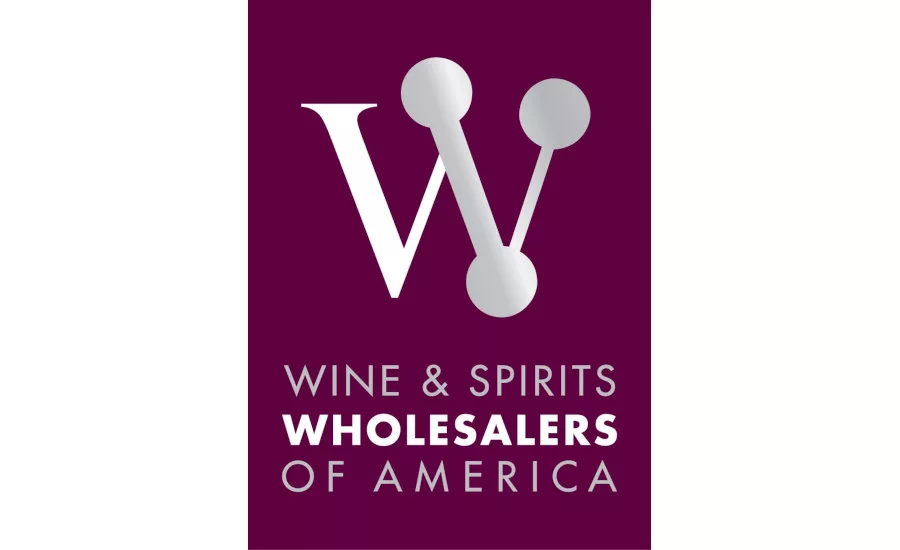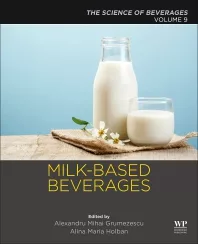WSWA alcohol shipping study shows 25% of adults report no ID checks
Survey conducted with Morning Consult contacted 2,200-plus U.S. adults

Wine & Spirits Wholesalers of America (WSWA), Washington, D.C., released the findings of a new survey conducted in partnership with Morning Consult that measured current alcohol shipping practices, consumer sentiment and purchasing behaviors. Morning Consult conducted the survey by contacting more than 2,200 U.S. adults during a three-day period in August 2023. A key finding was that one in four adults who purchase alcohol through DTC vendors do not have IDs checked when receiving their purchases.
“That data is clear,” said WSWA CEO and President Francis Creighton in a statement. “When we talk about expanding interstate alcohol shipping, we’re talking about dismantling the three-tier system to benefit 10% or fewer American adults while more than doubling ID check compliance failure rates. Expanding shipping threatens the ability of states to protect public health and safety.”
On average, according to survey results, adults who purchase alcohol from online vendors or directly from a distiller, brewer or winery fail to get their IDs checked by delivery personnel 25% of the time.
Three out of four (76%) American adults surveyed are concerned about the age verification process when using an online vendor or delivery platform for purchasing alcohol. That number increases among those who have previously purchased from an online vendor (87%) or directly from a distillery, brewery, or winery (82%).
Nearly 60% of respondents concerned identified an increased risk of underage access and more than half (54%) identified a lack of age verification at time of delivery among their top concerns. Other identified concerns included a lack of oversight by enforcement agencies (32%), worries about counterfeit or illicit products entering the market (28%), and an undermining of local, licensed retailers in their communities (28%).
Overwhelmingly (85%), respondents agreed that online vendors, manufacturers, and delivery platforms should be held to the same regulatory standards as brick-and-mortar retailers that are licensed in their state to sell alcoholic products. That number increased among those who had previously purchased from an online vendor (94%), through an online delivery platform (90%), or directly from a distillery, brewery or winery (90%).
Interestingly, unease about alcohol shipping remains stable across political divides, with 90% of Democrat respondents and 86% of Republicans respondents expressing similar levels of concern.
Additional survey findings show Americans prefer to purchase alcohol in person, whether it be at grocery stores (65%), local liquor stores (64%), or at restaurants and bars (47%). A significantly smaller number of Americans opt to purchase alcohol online from online vendors (10%) or directly from manufacturers (9%). Moreover, 56% of respondents said they were more likely to explore new alcohol products or brands in person at a liquor store, restaurant, or bar and 42% of respondents reported being introduced to a new craft brand by a bartender, server, or liquor/wine store staff member.
“The bottom line is that the convenience of having alcohol arrive on consumers’ doorsteps is overshadowed by the danger alcohol shipping poses to public health and safety,” Creighton said. “Not to mention the locally licensed retailers that are the current front lines in the fight to keep alcohol out of the hands of minors.”
Looking for a reprint of this article?
From high-res PDFs to custom plaques, order your copy today!






